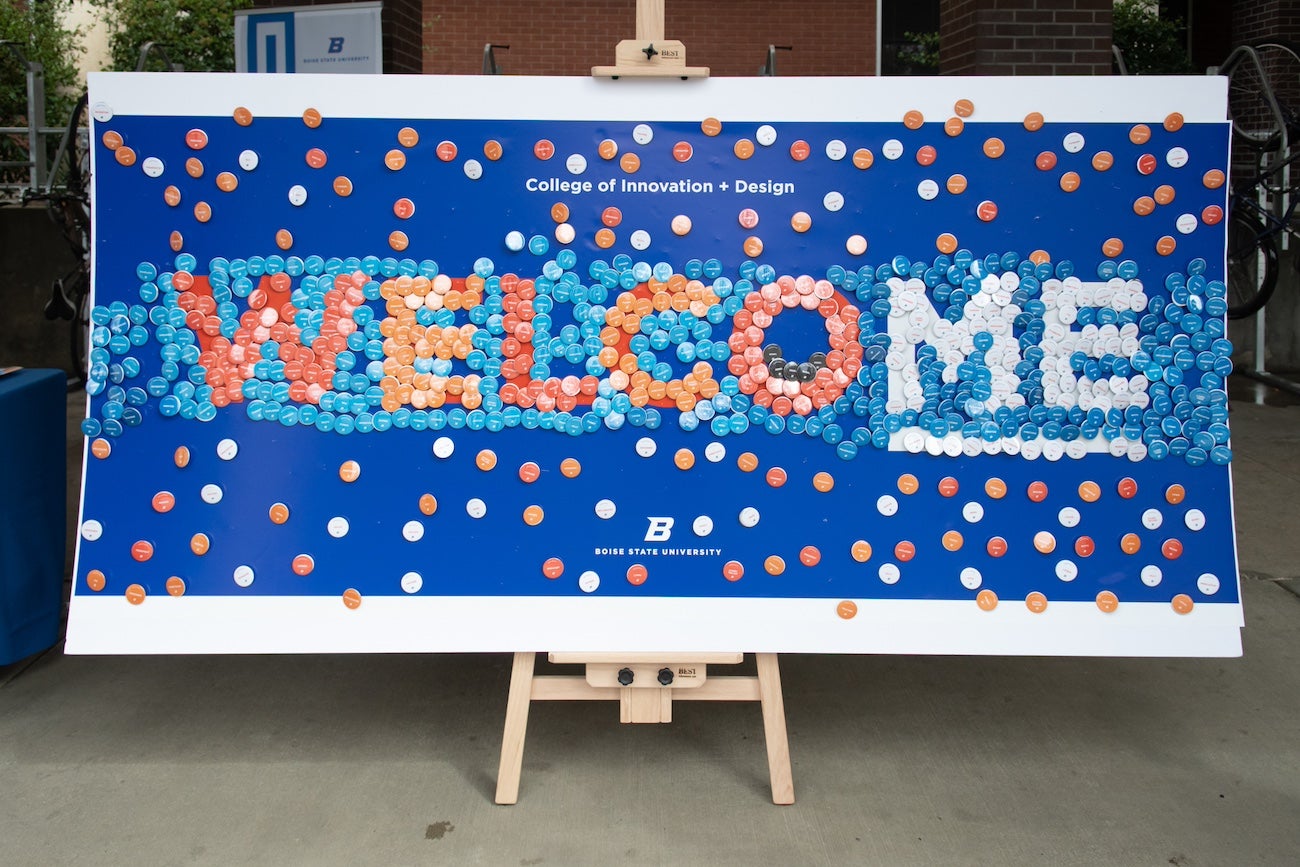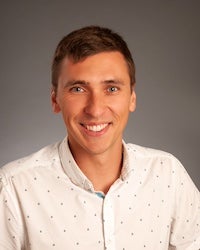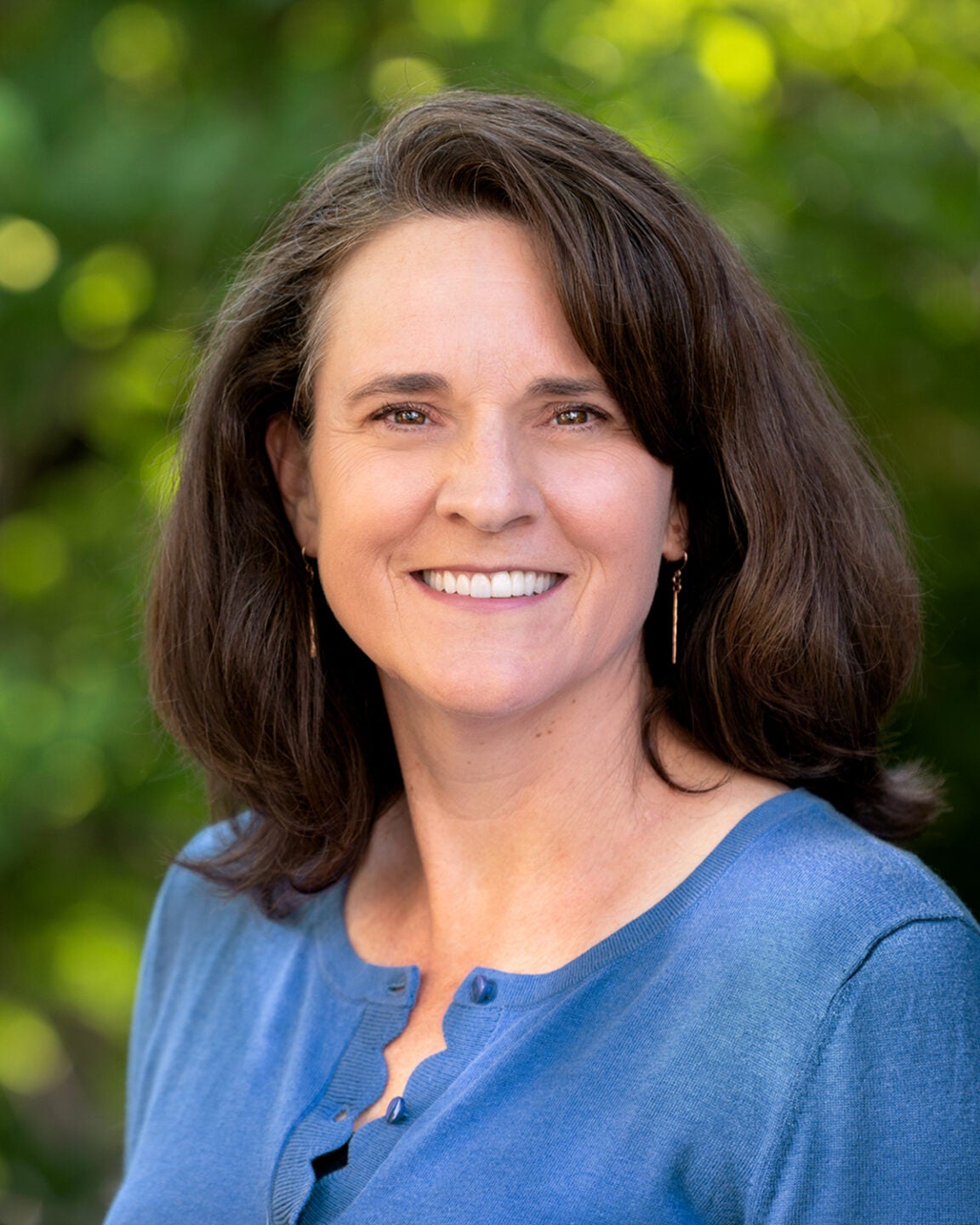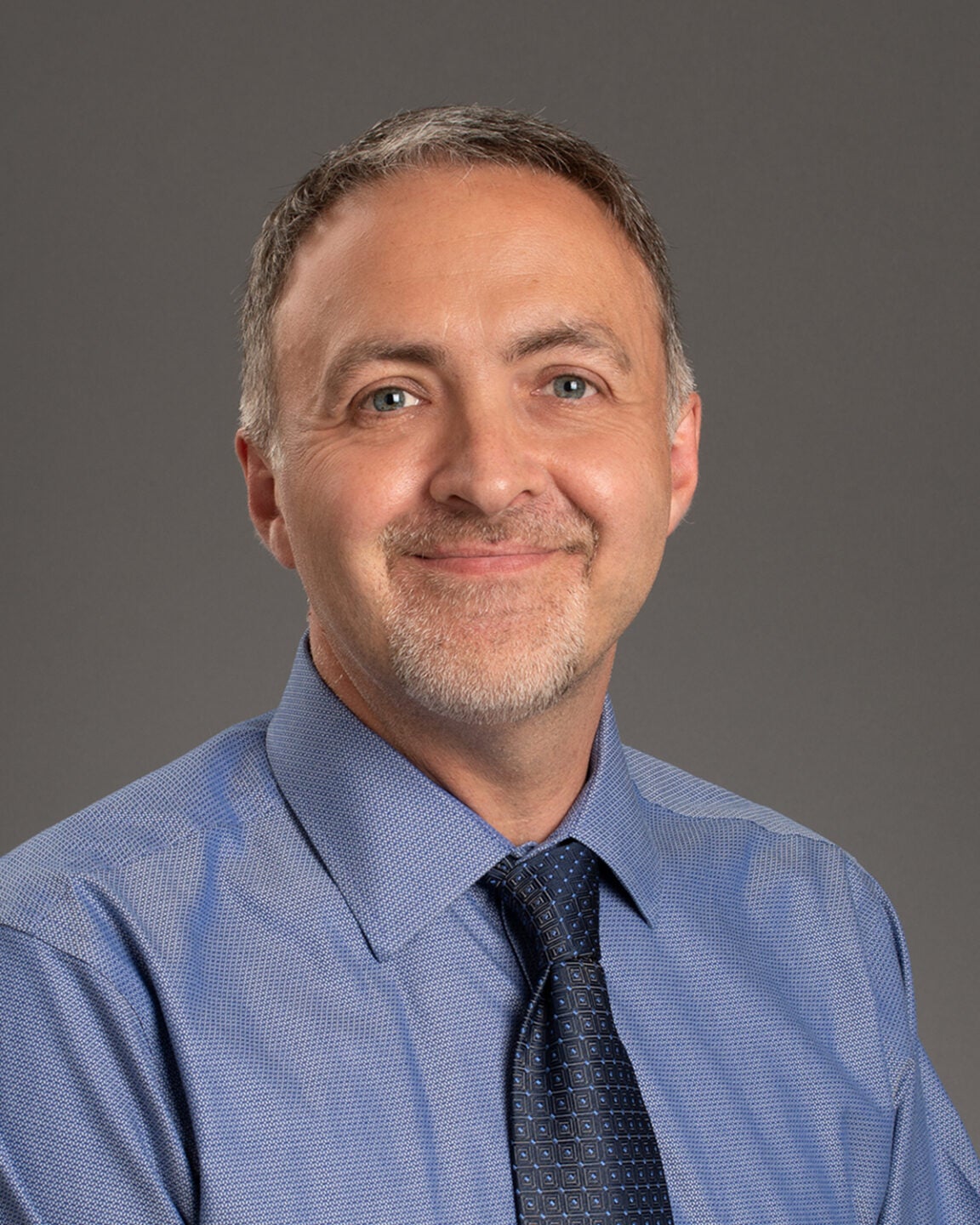
Visitors to the College of Innovation and Design will discover how one researcher is creating mathematical models for multi-scale ocean processes, from ice-ocean interactions in Greenland fjords to global ocean circulation.
Visitors will also learn how Boise State partners with schools and sponsors to modernize K-12 math instruction through high quality professional development and research.
CI+D Presenters
-

Michal Kopera
Associate Professor, Computational and Applied mathematics
Kopera works on creating mathematical models of the ocean processes, from small-scale ice melting in Greenland fjords to large-scale ocean circulation. This interdisciplinary work brings together mathematical modeling – that is, creating equations that best describe the movement of the ocean based on the knowledge of fundamental physics governing ocean currents – and advanced mathematical and computational methods for solving the equations on large supercomputers.
“One problem we work on in my research group includes modeling the ice/ocean interactions at glacier termini in Greenland fjords. This problem is key in understanding the impact of increasing ocean temperatures on sea level rise and thus global climate, as small-scale melting processes at glacier terminus have the potential to affect global ocean circulation, yet current models are not outfitted to capture that. This effort was funded by the US Department of Energy,” said Kopera.
“Another problem, currently funded by the Office of Naval Research, is the development of a prototype of a next-generation ocean model for the US Navy.”
Kopera works on creating mathematical models of the ocean processes, from small-scale ice melting in Greenland fjords to large-scale ocean circulation. This interdisciplinary work brings together mathematical modeling – that is, creating equations that best describe the movement of the ocean based on the knowledge of fundamental physics governing ocean currents – and advanced mathematical and computational methods for solving the equations on large supercomputers.
“One problem we work on in my research group includes modeling the ice/ocean interactions at glacier termini in Greenland fjords. This problem is key in understanding the impact of increasing ocean temperatures on sea level rise and thus global climate, as small-scale melting processes at glacier terminus have the potential to affect global ocean circulation, yet current models are not outfitted to capture that. This effort was funded by the US Department of Energy,” said Kopera.
“Another problem, currently funded by the Office of Naval Research, is the development of a prototype of a next-generation ocean model for the US Navy.”
-

Michele Carney
Professor, Mathematics Education
Michele Carney brings extensive experience as a teacher, math coach, and district math coordinator in the West Ada School District before joining Boise State in 2010.
With a primary focus on supporting K-12 mathematics instruction and assessment, she has spearheaded numerous regional and statewide initiatives aimed at enhancing mathematics education. Carney co-coordinates the Math Education Collective and serves as the director of the Regional Math Center.
Michele Carney brings extensive experience as a teacher, math coach, and district math coordinator in the West Ada School District before joining Boise State in 2010.
With a primary focus on supporting K-12 mathematics instruction and assessment, she has spearheaded numerous regional and statewide initiatives aimed at enhancing mathematics education. Carney co-coordinates the Math Education Collective and serves as the director of the Regional Math Center.
-

Joe Champion
Professor, Mathematics and Mathematics Education Specialist
Joe Champion works as a teacher educator with expertise in mathematics and statistics, K-12 teacher professional development, and large-scale mathematics education partnerships.
His research focuses on mathematics teaching and learning, with a focus on statistical indicators of academic achievement. In addition to leading projects, Champion teaches general education mathematics and supports state and national efforts to improve students’ transitions from high school to college mathematics.
Joe Champion works as a teacher educator with expertise in mathematics and statistics, K-12 teacher professional development, and large-scale mathematics education partnerships.
His research focuses on mathematics teaching and learning, with a focus on statistical indicators of academic achievement. In addition to leading projects, Champion teaches general education mathematics and supports state and national efforts to improve students’ transitions from high school to college mathematics.